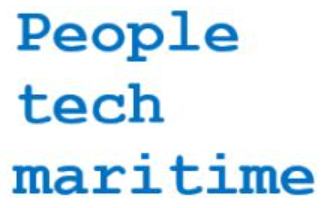I read that the UK’s Money and Mental Health Policy Institute has published a report showing how people with low mental health struggle to work with banks and manage finances.
This can include difficulty remembering passwords, problems constraining spending, anxiety, problems making decisions, difficulty dealing with human bank telephone help staff. They could add difficulty obtaining loans when you really need it.
Now just about everyone I know experiences some of these difficulties, whether they have bad mental health or not, and that includes me. The opposite of bad mental health, I suppose perfect mental health, is pretty rare, if it exists at all.
So could there be a business opportunity making banking services which solve some or all of these problems – no passwords to remember, automatic constraints on spending, no complex options, tools to reassure customers that their finances are in order, e-mail support, and making loans easier?
All of these problems can be solved technically, although they generally aren’t being solved technically. We have a new league of tech-savvy banks about to launch in the UK, perhaps they could do some of this.
One problem with this business idea is how to sell it. Apart from in extreme circumstances (when there is no choice) people do not want to self-identify as having low mental health. But perhaps banks wouldn’t need to offer these services as specially for people with low mental health, they could just offer it to everyone.
In real life, we have places where people go to have their intellectual resources challenged – they are called universities. The rest of the time, most people would really not prefer their intellectual resources to be challenged.
Perhaps especially, people with high intellectual resources, who generally prefer total control over whether they are being challenged or not.
This seems to me like a fact but it does not seem to be acknowledged very much by the people who develop software, who often think, perhaps unconsciously, that the “user” (as they put it) has an onus to make an effort.
Let’s go through how all these problems could be made easier.
no passwords to remember – voice passwords or fingerprints?
automatic constraints on spending – tools which automatically block cash withdrawls or debit card purchases if they would take the budget beyond a pre-set amount each month taking the month’s standing orders into account?
no complex options – everything very simple
tools to reassure customers that their finances are in order – how about a ‘do I need to worry’ service which will show that so long as the monthly salary payments arrive, there is enough funds to cover all standing orders and leave enough left over for living costs?
e-mail support – odd why businesses don’t provide this – it can’t be more expensive than telephone support?
making loans easier – if someone does need a loan, it could be automatic at a low interest rate – or specifically agreed against monthly payments which the person shows they are able to fit in with their other standing orders?
Add to this – if someone has a ‘bad credit score’ but a regular salary – then they ought to be possible to get a low interest loan but where they agree the bank can take the loan repayments against their salary before they can spend it on anything else – so the bank just takes the (hopefully low) risk that they lose their job?

Leave a Reply
You must be logged in to post a comment.